EDITORIAL
Published on 09 May 2022
Editorial: The Emerging Role of Endocannabinoids in Synaptic Plasticity, Reward, and Addiction
doi 10.3389/fnsyn.2022.898090
- 2,253 views
10k
Total downloads
96k
Total views and downloads
Select the journal/section where you want your idea to be submitted:
EDITORIAL
Published on 09 May 2022
ORIGINAL RESEARCH
Published on 14 Mar 2022

BRIEF RESEARCH REPORT
Published on 30 Aug 2021
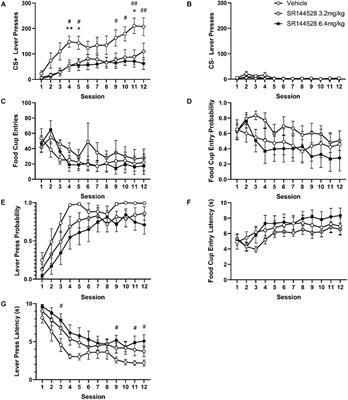
REVIEW
Published on 23 Aug 2021
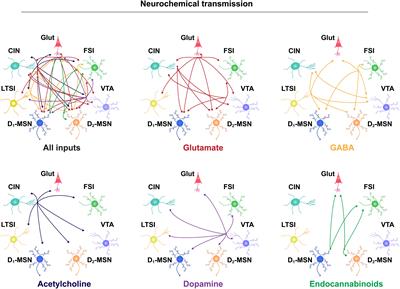
ORIGINAL RESEARCH
Published on 18 Aug 2021
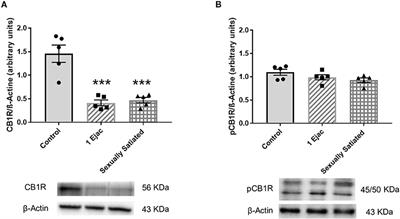
REVIEW
Published on 10 Jun 2021
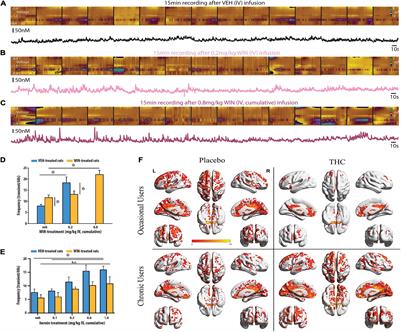
PERSPECTIVE
Published on 28 May 2021
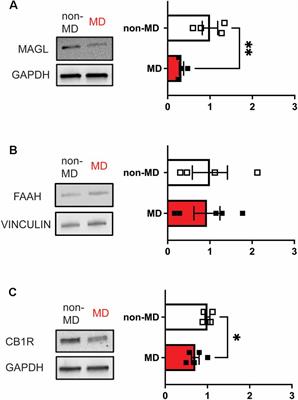
ORIGINAL RESEARCH
Published on 08 Apr 2021
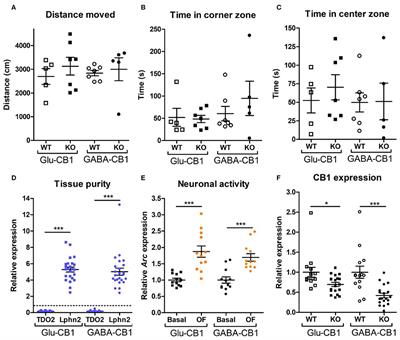
ORIGINAL RESEARCH
Published on 09 Mar 2021
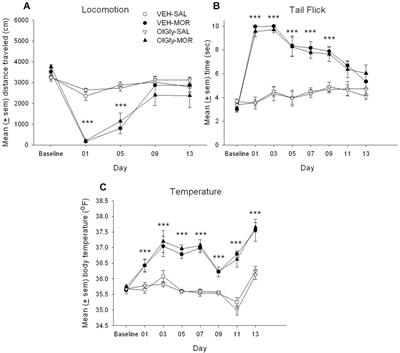
ORIGINAL RESEARCH
Published on 04 Feb 2021
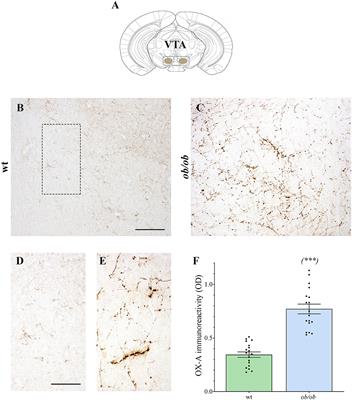
MINI REVIEW
Published on 23 Dec 2020
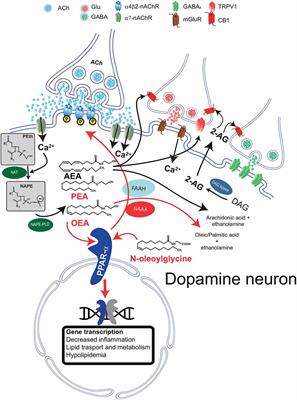

Frontiers in Behavioral Neuroscience